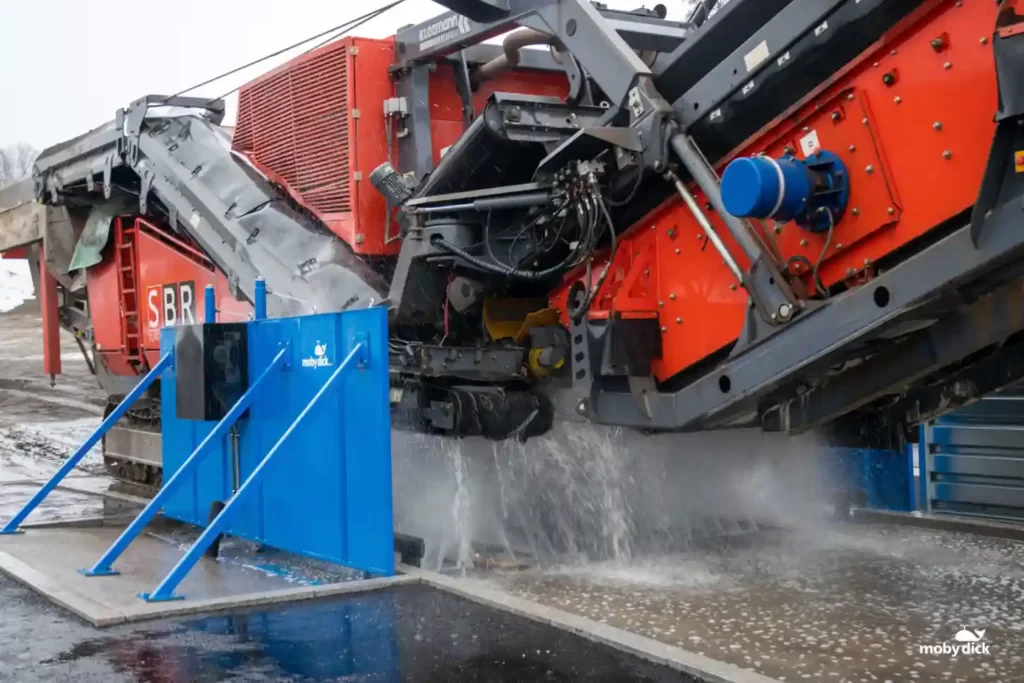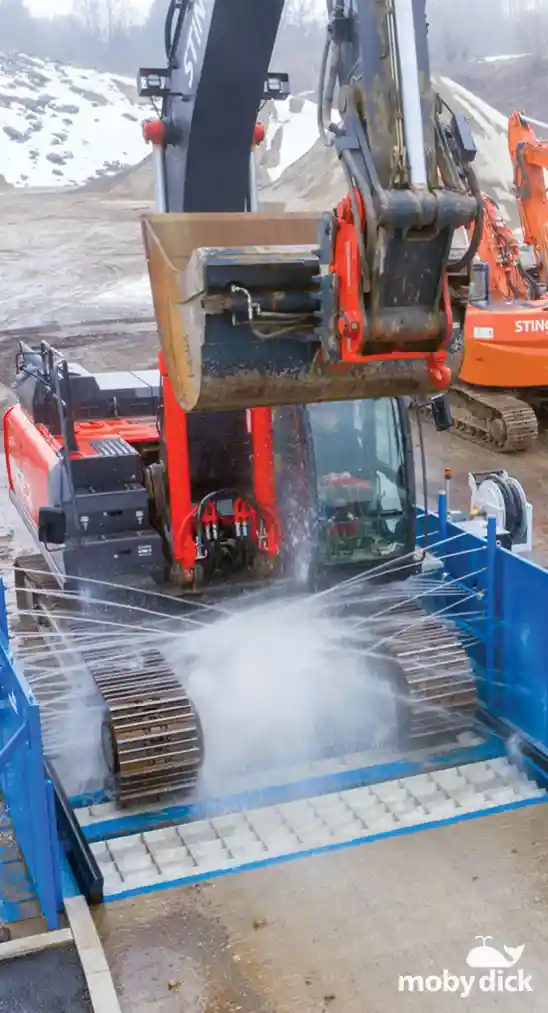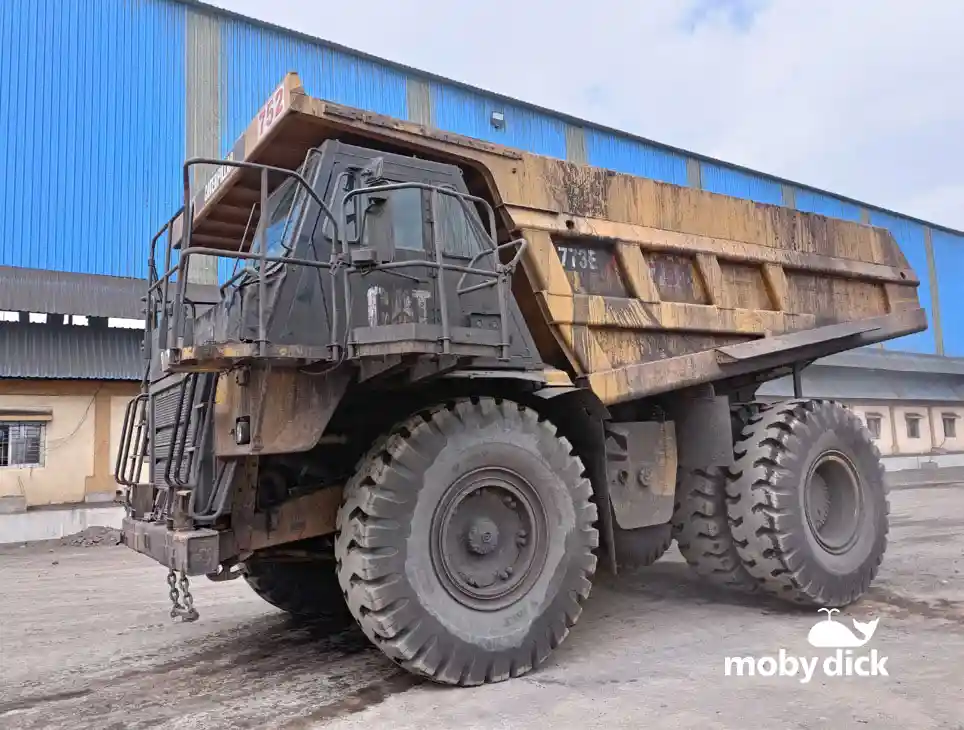
The mining and construction industries in Australia are challenging environments. It is a painful reality to witness heavy machinery struggling through dusty quarries and construction sites that are covered with waste and dirt.
This post will discuss the pros and cons of automated wheel wash systems in Australia’s mining and construction industry. We will be aiming to help decision-makers in determining whether or not they are practical for their operations.
The Rise of Automated Wheel Wash Systems
A clean vehicle is often the first sign of a quality operation. In mining and construction industry, the maintenance of a clean vehicle is a requirement for safety and productivity. Truck wash bay systems are increasingly popular in Australia. They’re designed to efficiently clean large vehicles using less water and effectively remove hazardous materials in a controlled environment.

Why Are Businesses Upgrading to Automated Systems?
Companies are recognising the benefits of automation over traditional manual wash processes. Automated vehicle wash clean vehicles more thoroughly and quickly, which reduces labour costs and increases productivity. Their precision and reliability ensure that the equipment is thoroughly cleaned, reducing the likelihood of maintenance issues caused by buildup. Companies value the water-saving benefits of high-pressure systems that recycle and clean water to reduce environmental impact.
What You Should Know Before Upgrading?
Companies must consider the potential high upfront costs of an automated vehicle wash system in Australia before making the move. System maintenance and repair also require specialised knowledge and can come with a significant price tag. Operators additionally need training to use these systems correctly. Companies should weigh the benefits of long-term savings against initial costs and learning curve before making a decision.
Understanding the Advantages
Construction and mining industries are drawn to automated wheel wash systems in Australia because of these benefits:
Better for the Environment
Automated systems simplify processes and benefit the environment. They reduce water waste, especially with the integration of advanced oil water separation systems. Some wash bays use systems like flush diversion to recycle and treat wash water, greatly cutting down on water use to meet sustainability goals.
Additionally, the controlled setting of a truck washer avoids unwanted runoffs into natural water sources.
Health and Safety Benefits
Manual washing can expose workers to hazardous materials as they need to touch the vehicle’s surface. Automated systems minimise this risk, providing a more hygienic, worker-friendly environment. People do not encounter slips and trips in wet surroundings.
Increased Efficiency
Efficiency is significantly improved by automated wash systems’ fast rotation and reliable cleaning standards. Minimal downtime means that the vehicles are back in operation and as the vehicle size increases, the savings increase.
Weighing the Disadvantages
While the benefits are clear, these are also disadvantages to using automated vehicle wash in Australia:

Initial Investment
The cost of installation is a significant barrier to entry for many companies. Additionally, reorganising and experiencing downtime might be an interruption to operations when upgrading existing facilities.
Maintenance Complexity
Because of their complexity, automated systems need routine maintenance to operate at their best. One of the costly aspects of owning a system may be the requirement for expert technicians and parts.
Frequently Asked Questions
Here are some FAQs that mining and construction professionals often have.
Well-maintained automated wheel wash systems can clean vehicles as effectively as manual washes, with added precision benefits.
Integrating an automated wash system into an existing wash bay can be a complex process. It involves a thorough assessment of space, electrical, and plumbing requirements. It also considers the possibility of installation-related problems.
Automated wash systems are designed to handle a wide range of vehicle types and sizes, from dump trucks in mining operations to cranes on construction sites. Customisations may be necessary for specialty vehicles.
Regular inspections of the wash bay’s integrity, pumps, and nozzles are all part of automated wash system maintenance. If applicable, water treatment systems also need regular maintenance and monitoring.
Regulations for treating and disposing of wash water vary by industry and location due to possible contamination. Companies using wash systems should stay updated on the latest environmental regulations set by local authorities.
Explore Automated Wheel Wash Solutions with Wash Systems Australia
The construction and mining industries have trouble keeping vehicles clean and maintained. Automatic vehicle wash systems offer a modern solution to these problems. If you are thinking about automation, it is important to research and seek advice from professionals. Professionals like Wash Systems Australia can help you make the best choice for your business.
Contact us to learn more about our automated wash bay solutions and improve your truck wash experience. Our team is willing to assist you in determining how technology can improve your business processes without lowering the standard of vehicle maintenance. For more information about the products we offer, please call us on 1800 092 210.
